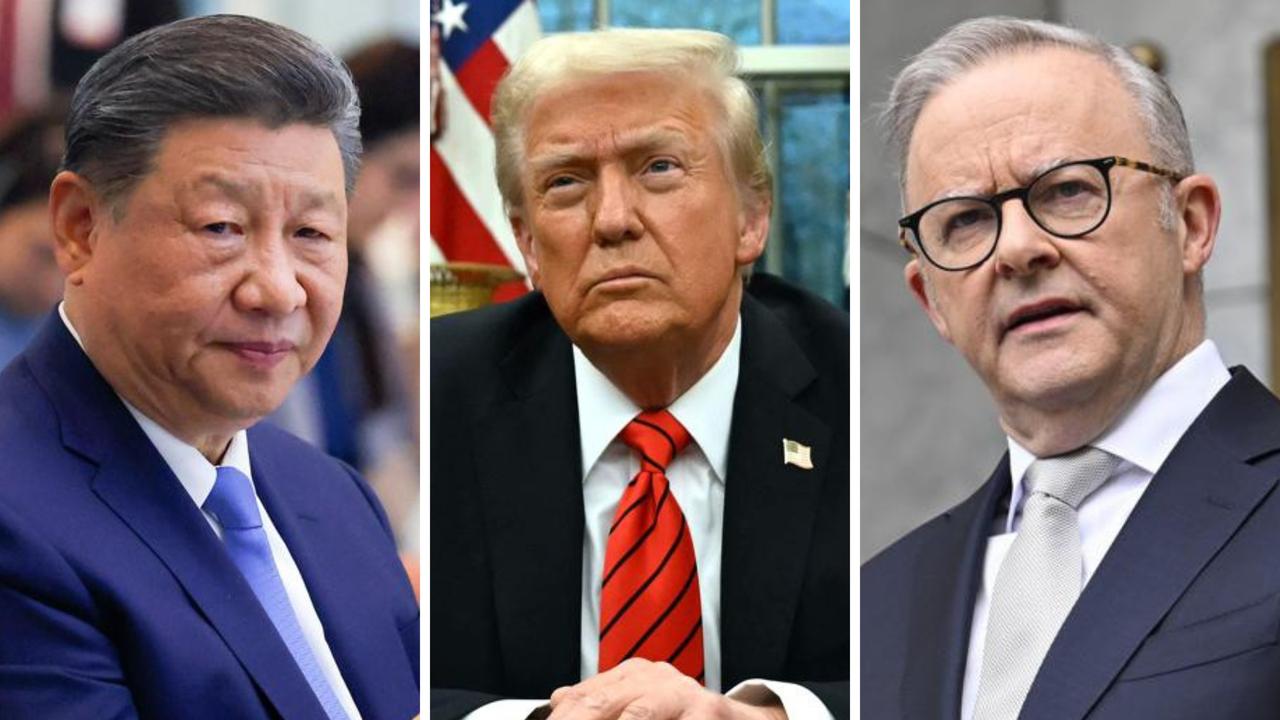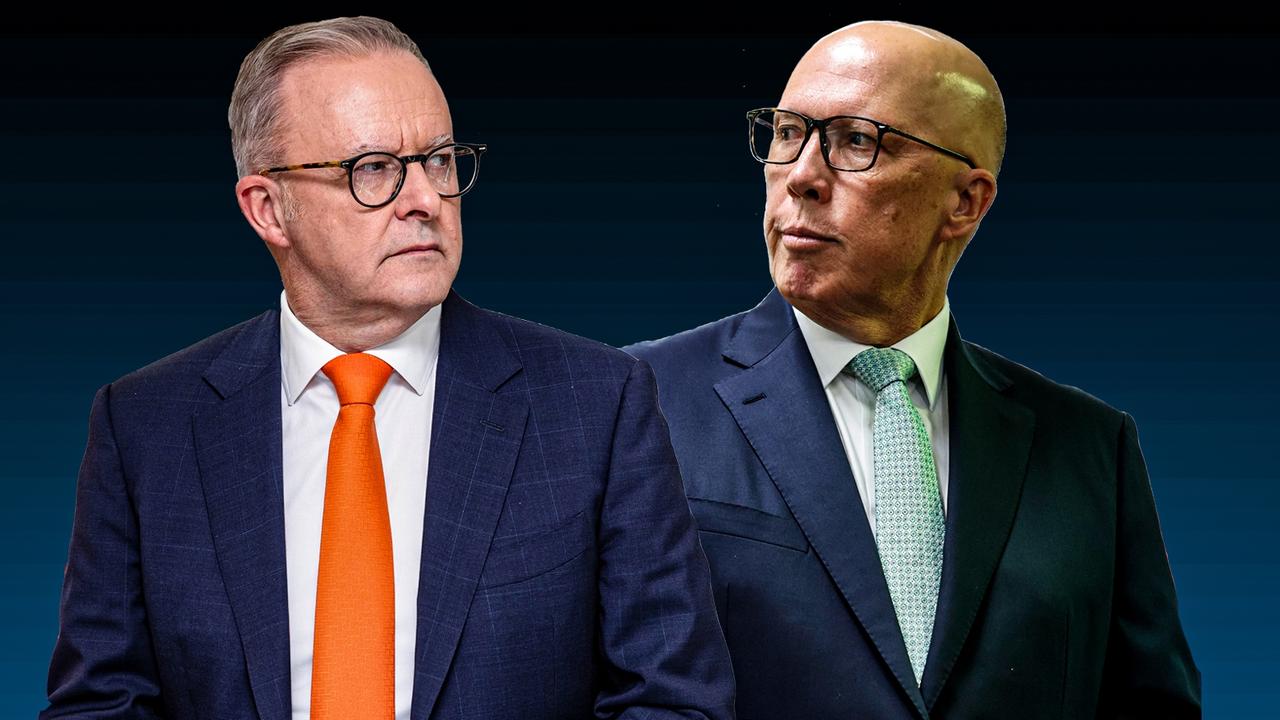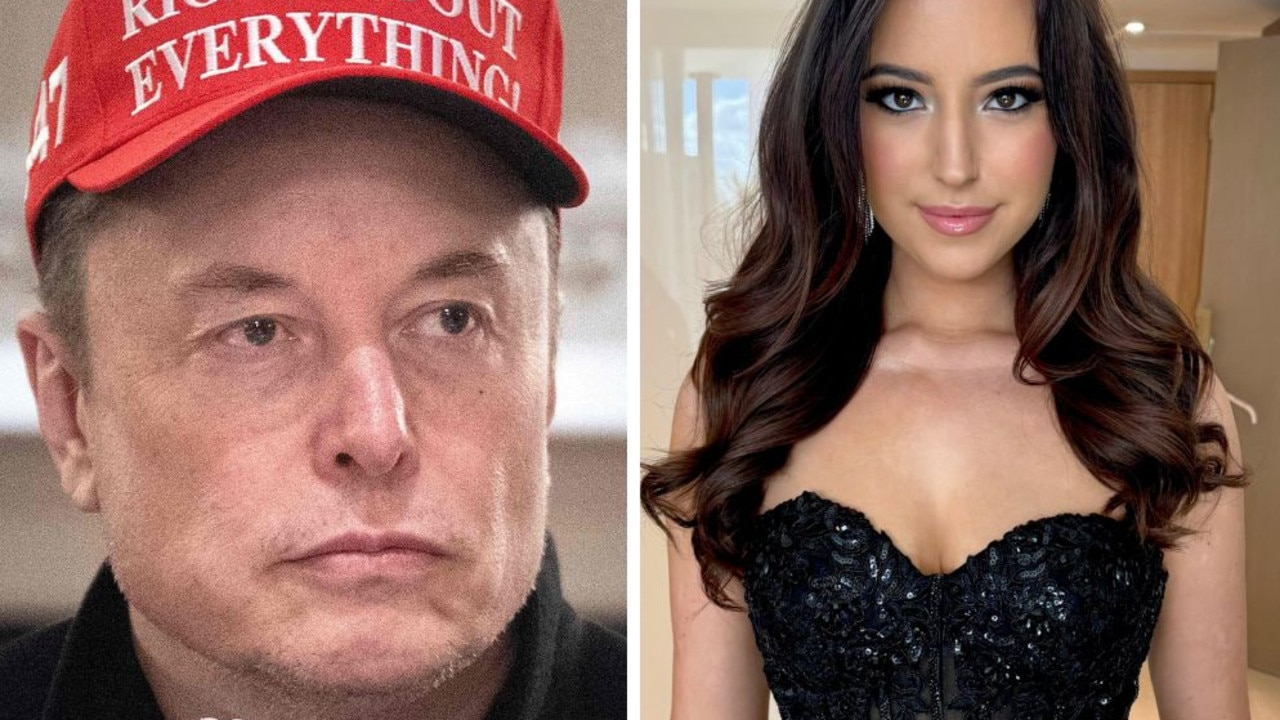What will Donald Trump do about North Korea?
NORTH KOREA pushed the world’s patience once again after test firing ballistic missiles. The US slammed the move, but what is Trump doing about it?
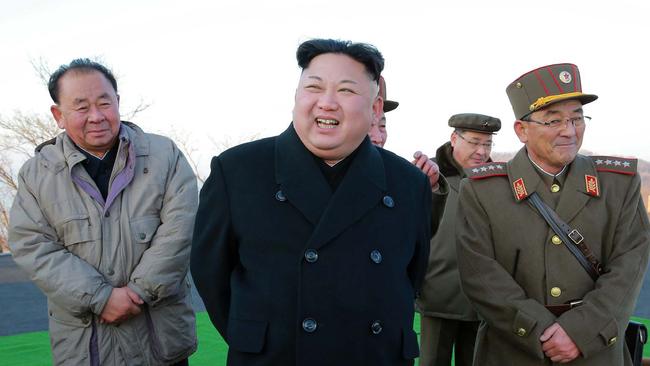
NUCLEAR-armed North Korea this week pushed the world’s patience once again after test firing ballistic missiles into Japan’s waters.
The act was condemned across the world and raised simmering tensions in the region with Seoul and Tokyo blasting the provocative move.
The US has condemned the secretive state and demanded to see some sort of positive action from Pyongyang, while labelling leader Kim Jong-un as an “irrational attention seeker”.
But when it comes to dealing with the North Korean problem, some say it doesn’t appear to be a huge priority for the new president.
Speaking to news.com.au earlier this week after news emerged that Barack Obama tried to warn Mr Trump that North Korea presented his biggest diplomatic challenge, cyber security expert Dr Greg Austin, said the President had bigger issues on his plate.
“North Korea simply isn’t on his radar, politically or ideologically,” Dr Austin, a Professor in the Australian Centre for Cyber Security at the University of New South Wales in Canberra, said.

However, on Thursday the US issued an ultimatum to North Korea over its missile program.
US Ambassador Nikki Haley demanded to see “some sort of positive action” from North Korea before the US will take Kim Jong-un’s regime seriously, blasting the leader as an irrational attention seeker.
“We have not seen any goodwill at all coming from North Korea,” Ms Haley said. “I appreciate all my counterparts wanting to talk about talks and negotiations (but) we are not dealing with a rational person.”
Defending the upcoming deployment of a US missile defence system in South Korea — strongly opposed by China — she said America would not leave its ally facing the threat of North Korea without help.
She said the US was re-evaluating how it’s going to deal with North Korea “and we are making those decisions now and will act accordingly.”
“We’re not ruling anything out and we’re considering every option that’s on the table,” she said.
In February US Defense Secretary James Mattis reassured Washington’s Asian allies and said any nuclear attack by North Korea would trigger an “effective and overwhelming” response following President Trump’s inauguration.
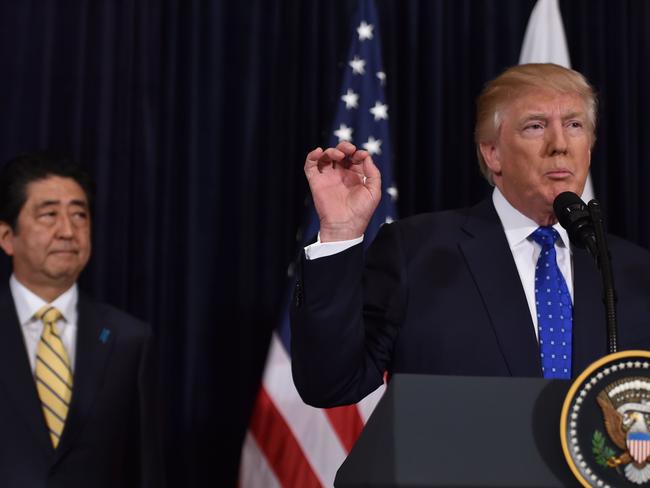
IS CRISIS BEING IGNORED?
The United States currently has 28,500 troops stationed in South Korea, and 50,000 in Japan, as a deterrent against a potential aggression from the North.
And when it comes to official US policy in dealing with North Korea, Washington doesn’t deal with Pyongyang, full stop.
Dr Leonid Petrov, a Korean Studies researcher at the Australian National University, said the US didn’t deal with Pyongyang on a diplomatic level.
De Petrov said the US was, however, clear in its support for South Korea and the idea of reunification.
“But it’s a hands off policy in regards to North Korea,” he said.
TRUMP ON NORTH KOREA
According to Brendan Thomas-Noone, a research fellow at the United States Studies Centre at the University of Sydney, the Trump Administration is currently doing a top-to-bottom review of its policy towards North Korea.
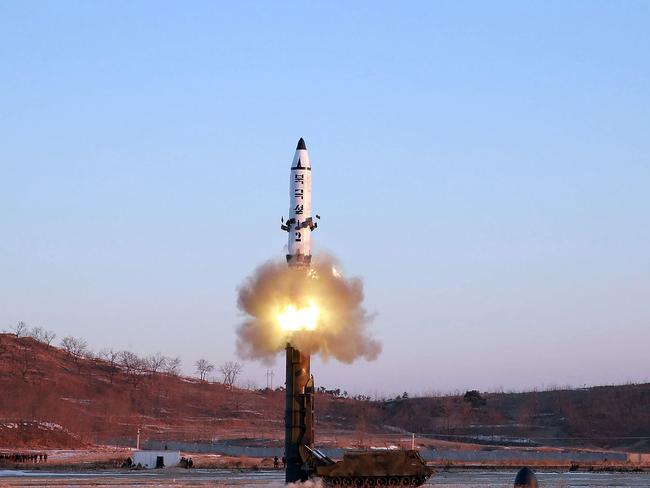
He said the US would continue to enforce UN Security Council sanctions while deterring North Korean provocation through military exercises, putting in place ballistic missile defences like THAAD and supporting South Korea.
But Mr Noone said this review could go much further.
“A full policy review will also likely include ‘all the options on the table’ like pre-emptive military strikes and putting further pressure on Beijing through sanctioning Chinese businesses that continue to operate in North Korea,” he said.
“Pre-emptive strikes or sanctions will not result in North Korea restricting its nuclear program or its reach for ICBM technology in the long-term.”
MESSAGE TO PYONGYANG
Mr Noone said the US sent North Korea a clear message this week and Pyongyang should have noted its meaning.
“The rushed deployment of the THAAD anti-ballistic missile battery earlier this week is one way for the US to signal that it is prepared to take further measures to deter North Korea’s missile tests,” he said.
“More importantly, it is a way for the Trump Administration to apply pressure on China to take further action in reigning in North Korea.”
He warned this could backfire as China may find the deployment of THAAD as a reason to increase spending on its own nuclear weapons program.
Mr Noone stressed war in the region was something to be avoided at any cost and said North Korea was the most pressing flashpoint in the region today.
“A conflict on the Korean peninsula would end up engulfing the entire region,” he said.
“It’s unpredictable how a conflict or crisis could unfold, and with so many overlapping alliances and US defence commitments in the region, a stable Korean peninsula is in the interest of the entire region, including Australia.”
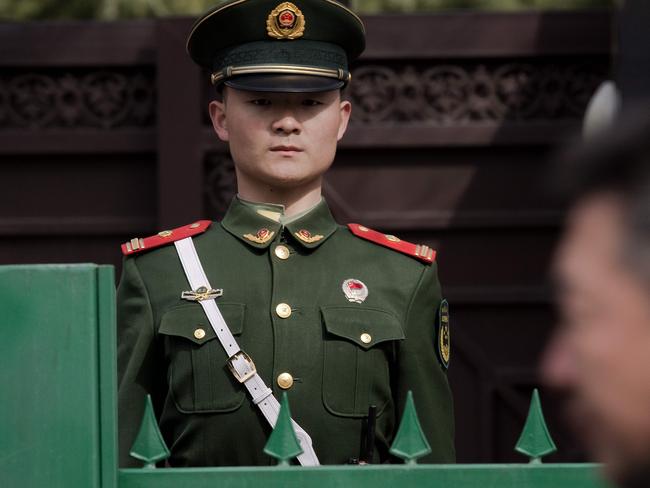
OBAMA’S ‘STRATEGIC PATIENCE’
Mr Obama had a policy of strategic patience with North Korea during most of his two terms, Mr Noone said.
“This meant in practice growing the international sanction regime arrayed against North Korea and pressuring other countries to enforce it,” he said.
“The hope was that this economic sanction regime would force North Korea to come to the table and negotiate over its nuclear program. But this didn’t really work.”
However, he said the reality was the policy of strategic patience was a failure as North Korea evaded sanctions while advancing its nuclear program and its economy.
According to The Council on Foreign Relations, hopes were high when Barack Obama first came to power in 2008 that he might pursue direct talks with North Korea over its nuclear program.
In his inaugural address, Mr Obama offered an outstretched hand to those who will unclench their fists.
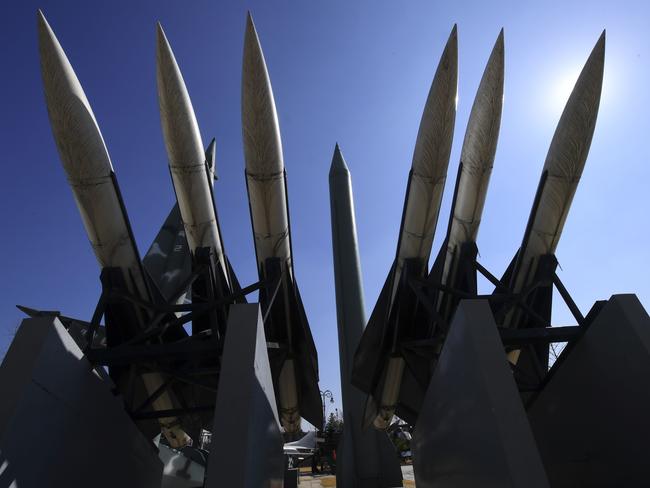
But “North Korea responded to this offer with a multistage rocket launch and a nuclear test” and the US then settled on a “strategic patience approach” which meant Washington wouldn’t negotiate with Pyongyang until it denuclearised.
SECRET CYBER WAR
While Mr Trump was warned that North Korea’s missile program would remain his biggest international challenge, it also emerged that the new President has inherited a secret cyber war.
Revelations from the New York Times investigation showed Mr Obama undertook a series of cyberattacks against North Korea’s missile program as he believed antimissile systems were inadequate to protect the US from a potential threat.
Mr Obama reportedly chose to target missiles before test launches took place, ultimately sabotaging them within seconds.
Mr Trump’s advisers are now considering whether to continue with the cyber attacks, which the Obama administration began in 2014.
Dr Austin told news.com.au the Obama administration had publicly stated it would retaliate against a North Korean missile launch for its past cyber attacks on US targets, especially against Sony pictures.
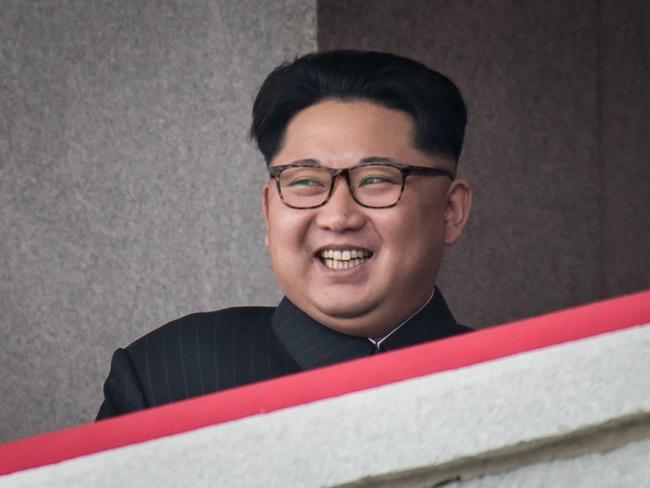
But Dr Austin said the reality was North Korea didn’t fit neatly in the President’s simplistic world view.
He said any action or policy would ultimately be guided by Mr Trump’s intelligence and military advisers who would probably take similar action to what Mr Obama did.
He said Mr Trump hasn’t given clear guidance on what exactly his policy is on North Korea and the New York Times story was simply reminding him of the problem he has inherited.
— with the Associated Press

